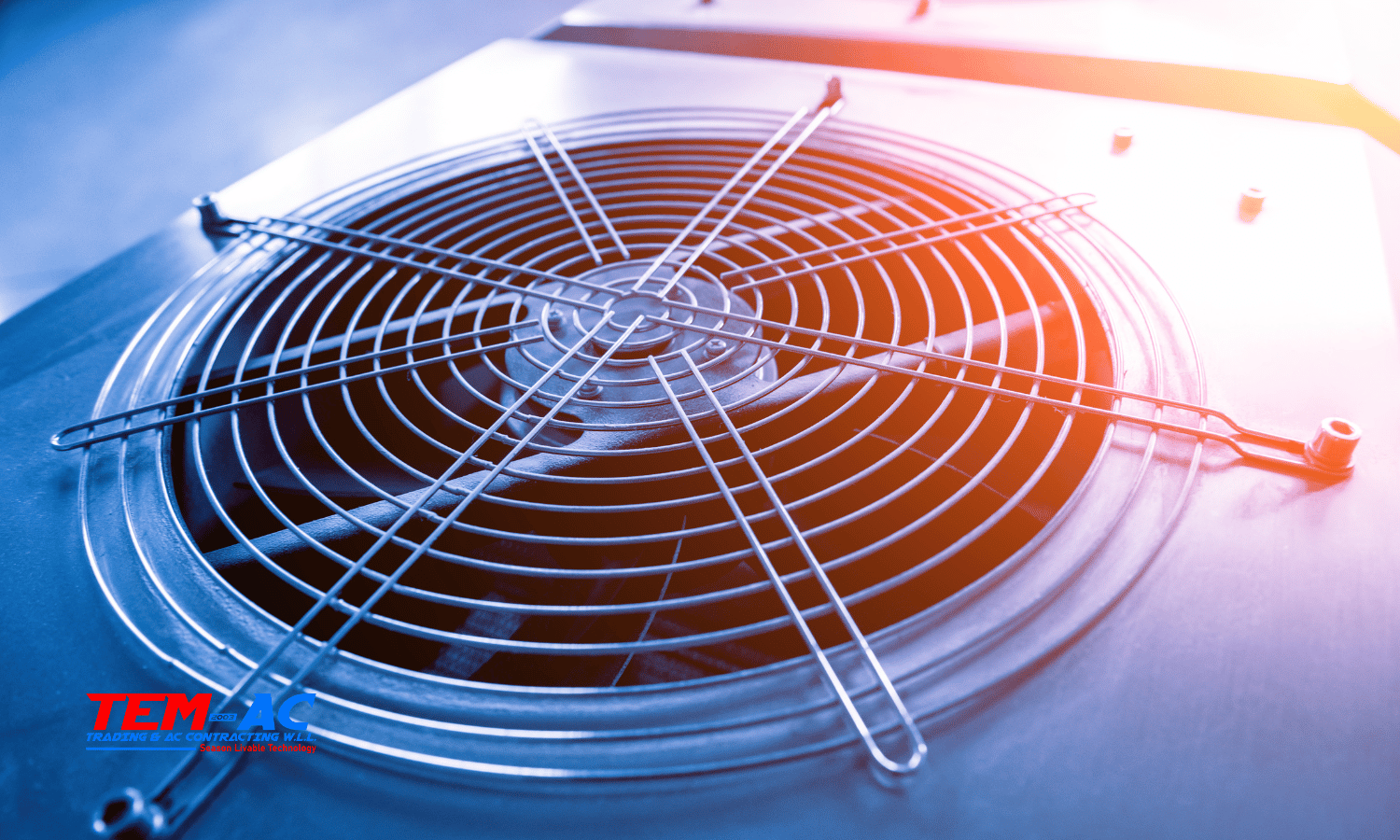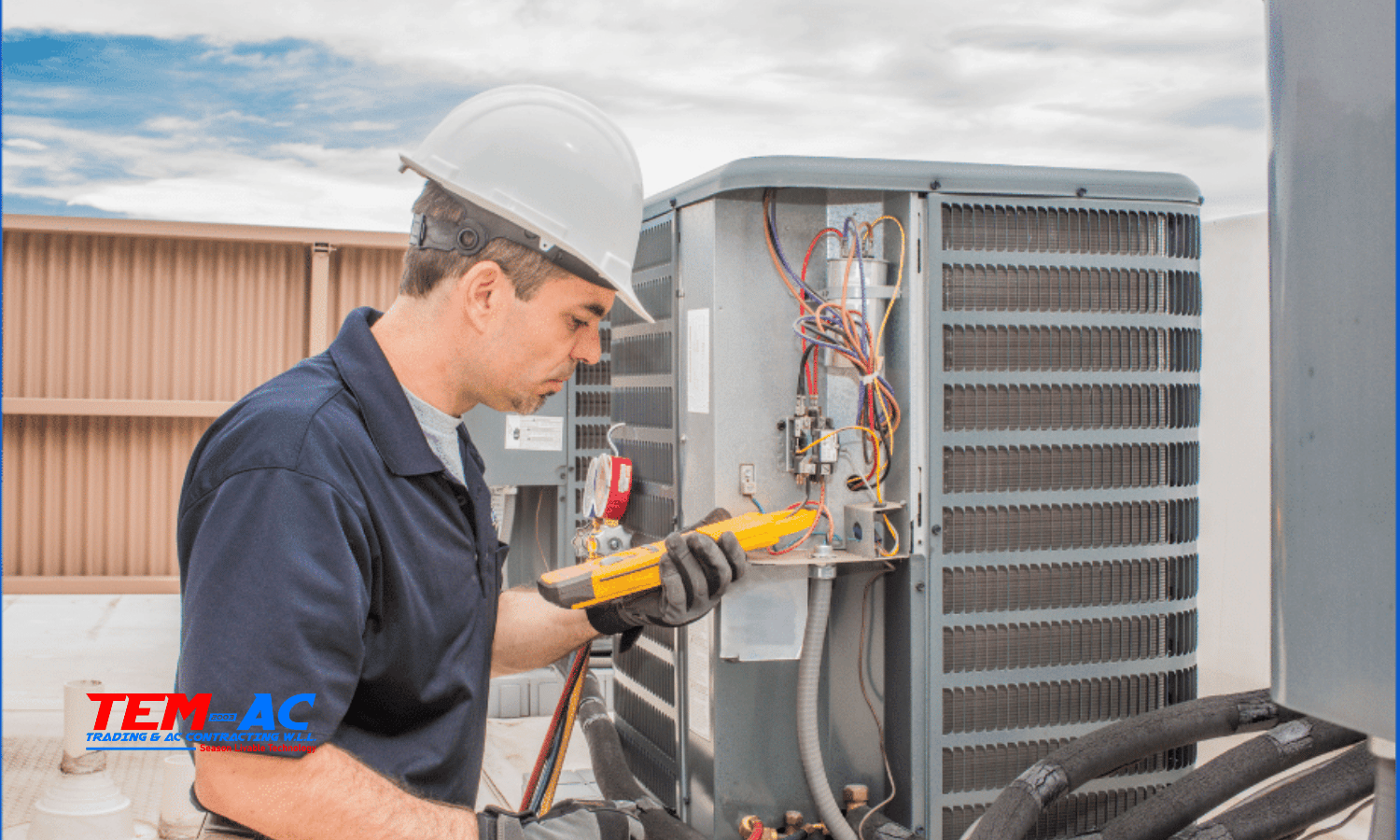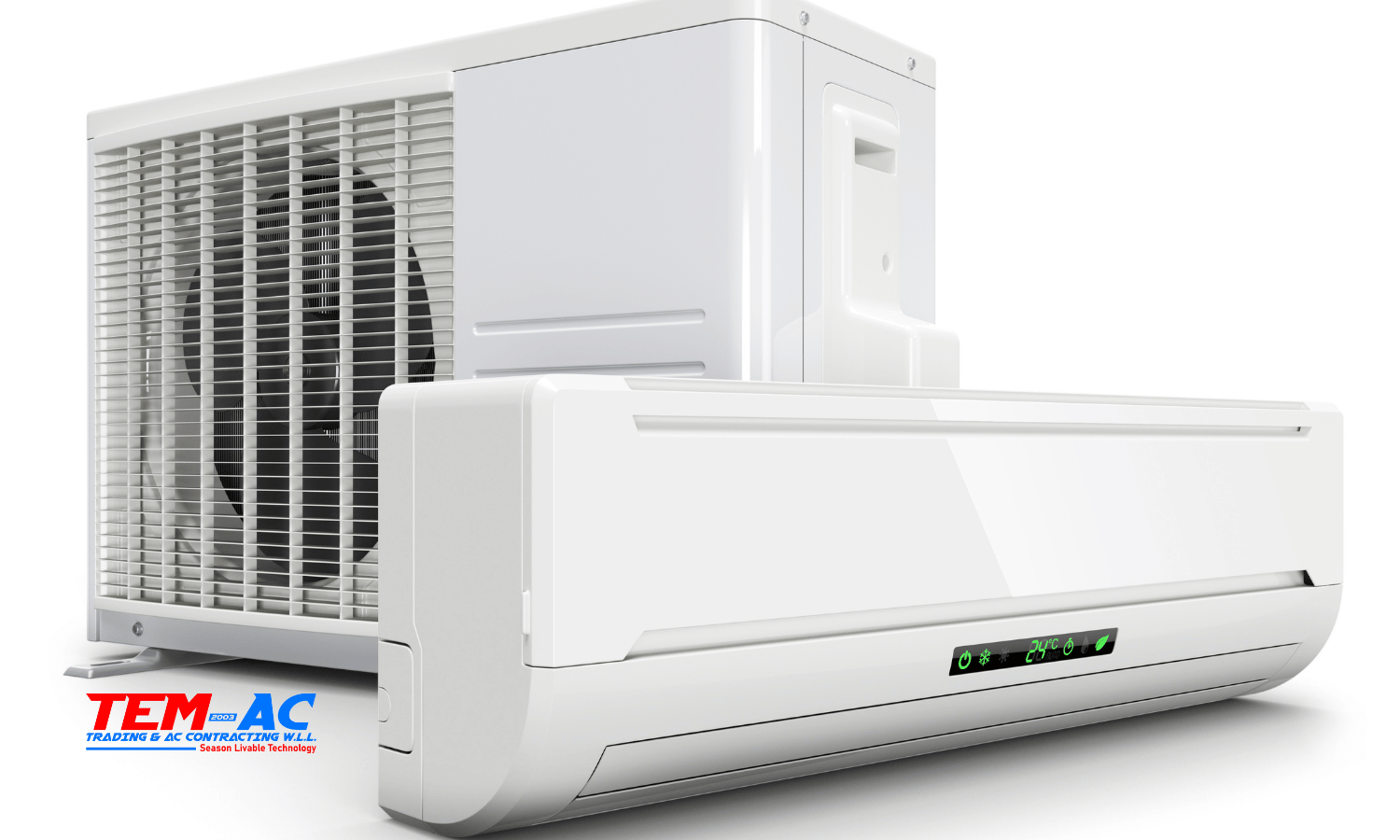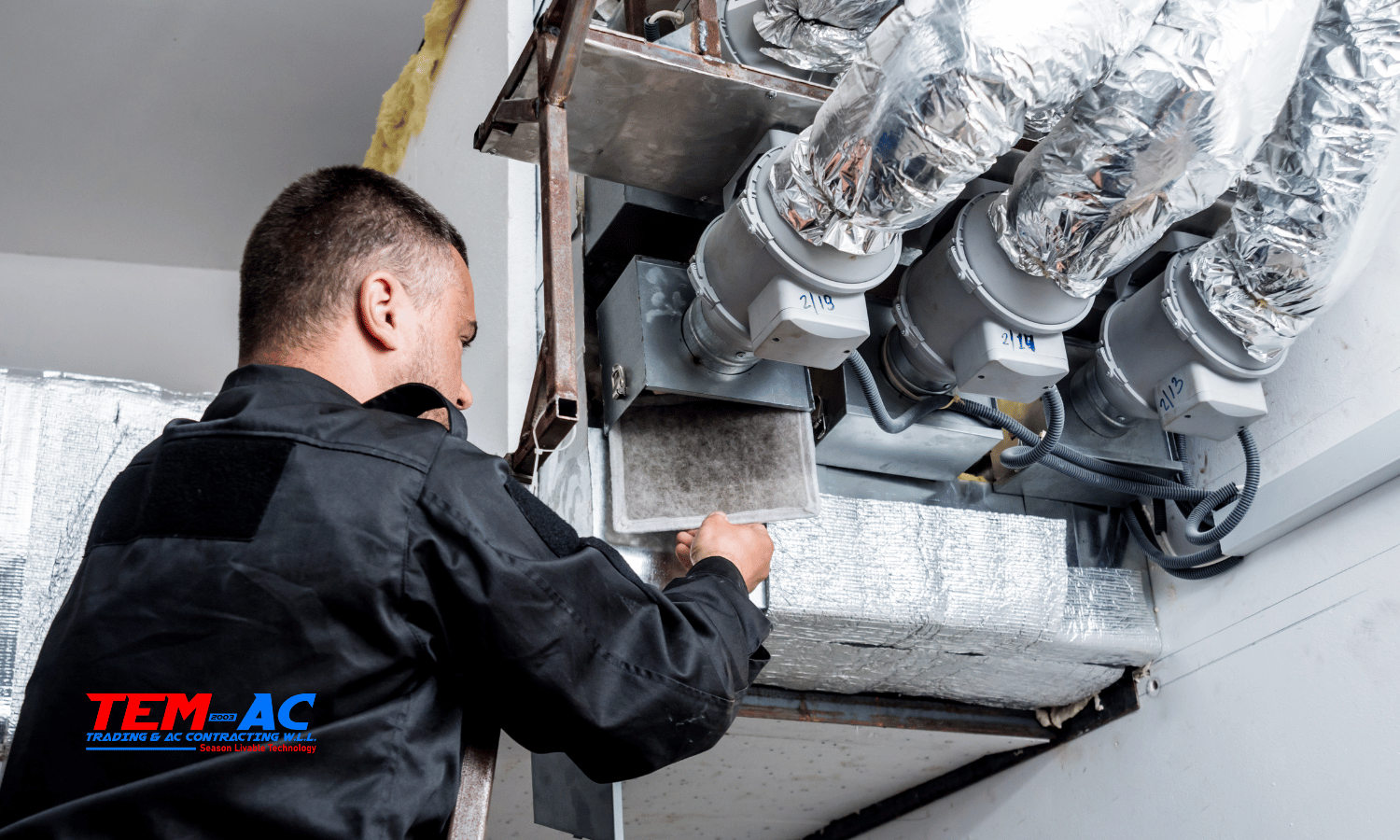As climate change, urbanization, and energy concerns become more pressing, the HVAC (Heating, Ventilation, and Air Conditioning) industry is undergoing a major transformation. The future of HVAC lies in smart technologies and sustainable solutions that prioritize efficiency, comfort, and environmental responsibility.
Here’s a look at how the HVAC world is evolving—and what it means for homeowners, businesses, and the planet.
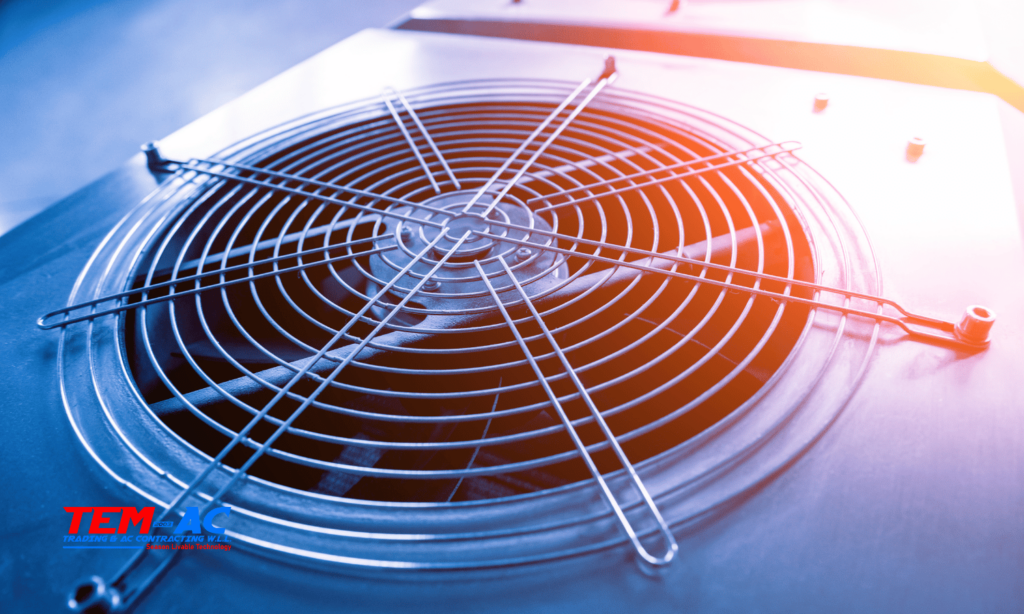
1. Rise of Smart HVAC Systems
Smart HVAC systems are revolutionizing how we control indoor climates. These systems utilize AI, sensors, and IoT (Internet of Things) technology to optimize performance in real-time.
✅ Features include:
- Remote control via smartphone apps
- Real-time data on energy usage
- Auto-adjusting temperature based on occupancy
- Integration with smart home systems
This not only improves user comfort, but also dramatically reduces wasted energy.
2. Energy-Efficient Technologies
HVAC manufacturers are now prioritizing energy efficiency to comply with stricter environmental regulations and reduce operating costs.
🔹 Inverter compressors, variable speed motors, and high SEER-rated systems are becoming the new norm, providing better climate control with lower power consumption.
🔹 Zoned HVAC systems also help manage energy more effectively by only heating or cooling occupied spaces.
3. Integration with Renewable Energy
The future of HVAC is increasingly solar-powered. Integrating HVAC systems with renewable energy sources like solar panels helps buildings reduce their carbon footprint and become more self-sufficient.
Hybrid systems that combine traditional power with renewables are also gaining popularity in both residential and commercial applications.
4. Eco-Friendly Refrigerants
Traditional refrigerants like R-22 are being phased out due to their harmful impact on the ozone layer. The shift toward low-GWP (Global Warming Potential) refrigerants such as R-32 and R-410A is an important step in making HVAC systems more sustainable.
These alternatives not only meet environmental standards but also support better energy performance.
5. Predictive Maintenance with AI
Advanced HVAC systems can now predict when maintenance is needed using data analytics. Instead of waiting for something to break down, these systems alert users in advance, preventing costly repairs and downtime.
This AI-driven predictive maintenance extends equipment life and ensures optimal performance throughout the year.
6. Focus on Indoor Air Quality (IAQ)
Post-pandemic, indoor air quality has become a major focus. New HVAC designs prioritize:
- Air purification systems
- Humidity control
- UV-C light disinfection
- HEPA filtration
These technologies improve health, productivity, and comfort—especially in commercial and healthcare environments.
7. Modular & Scalable Systems
Future HVAC systems will be more flexible and modular, allowing for easier upgrades and customization. This is especially important for businesses or facilities with changing needs and layouts.
Conclusion
The HVAC industry is heading toward a smarter, greener, and more connected future. Whether it’s through AI-driven systems, renewable energy integration, or eco-friendly components, the goal is clear: maximize comfort while minimizing environmental impact.
At TEM-AC Trading & AC Contracting W.L.L., we stay ahead of these trends by offering innovative, energy-efficient, and smart HVAC solutions tailored to modern needs. Let us help you transition to the future of HVAC.
